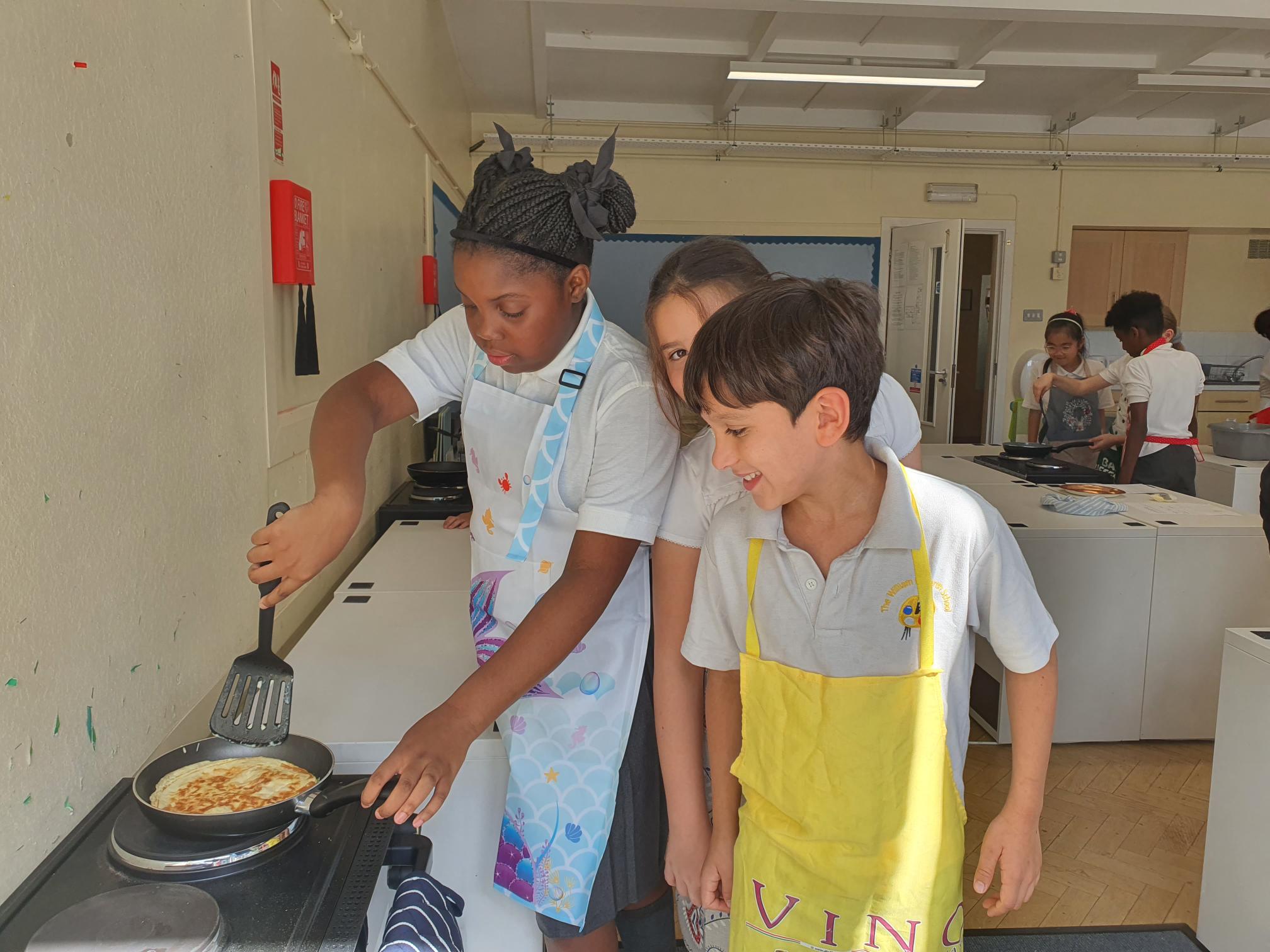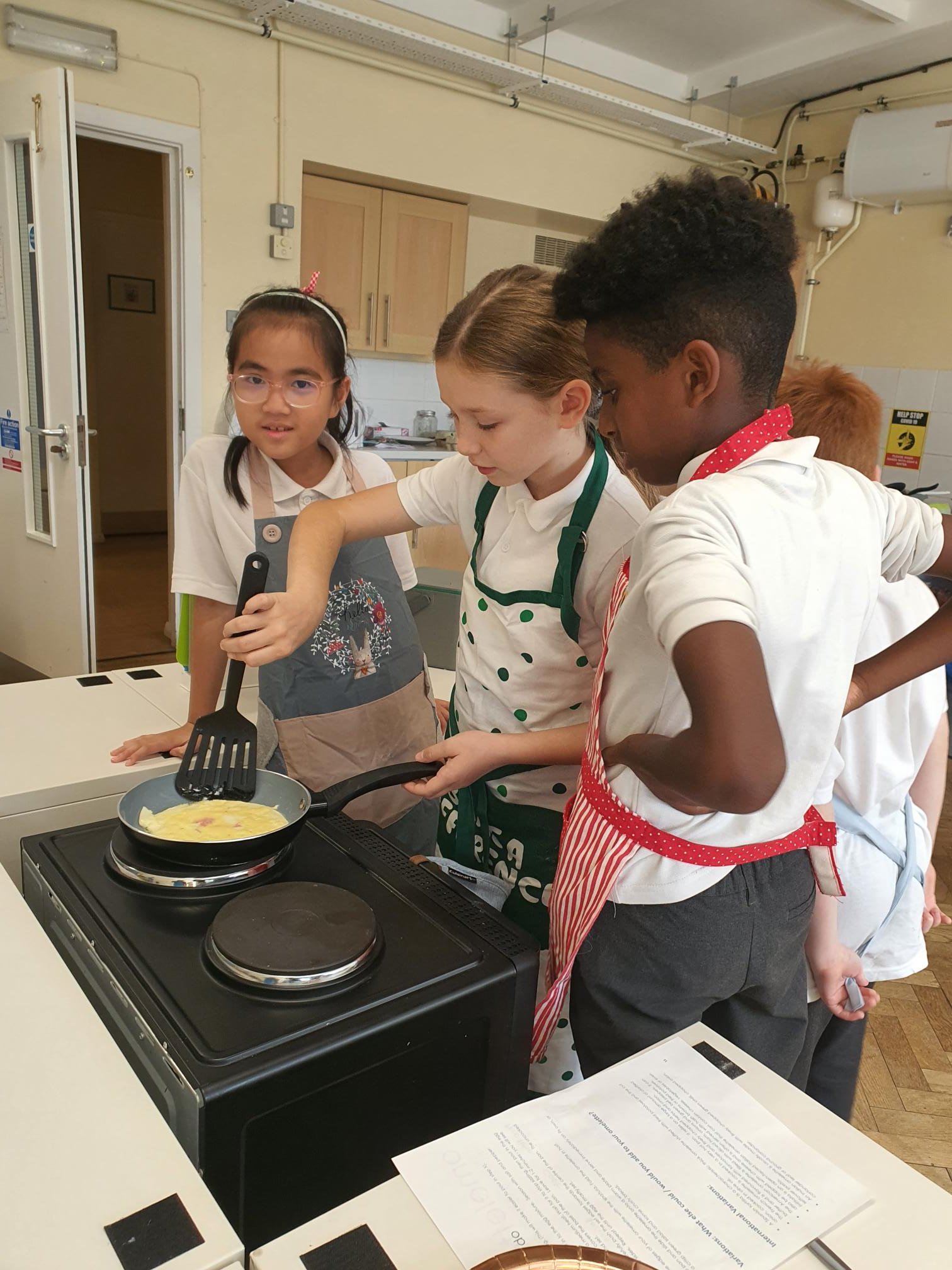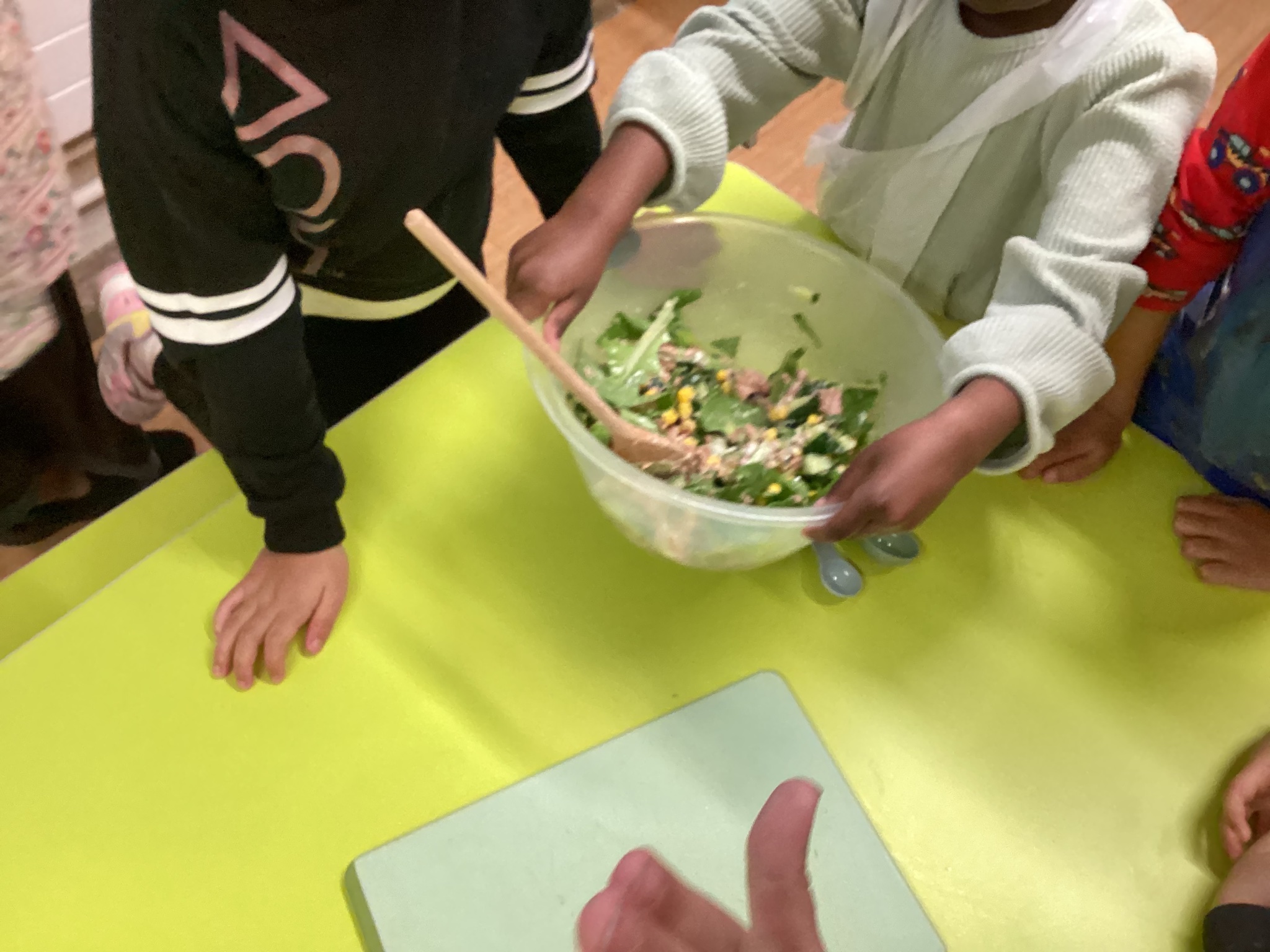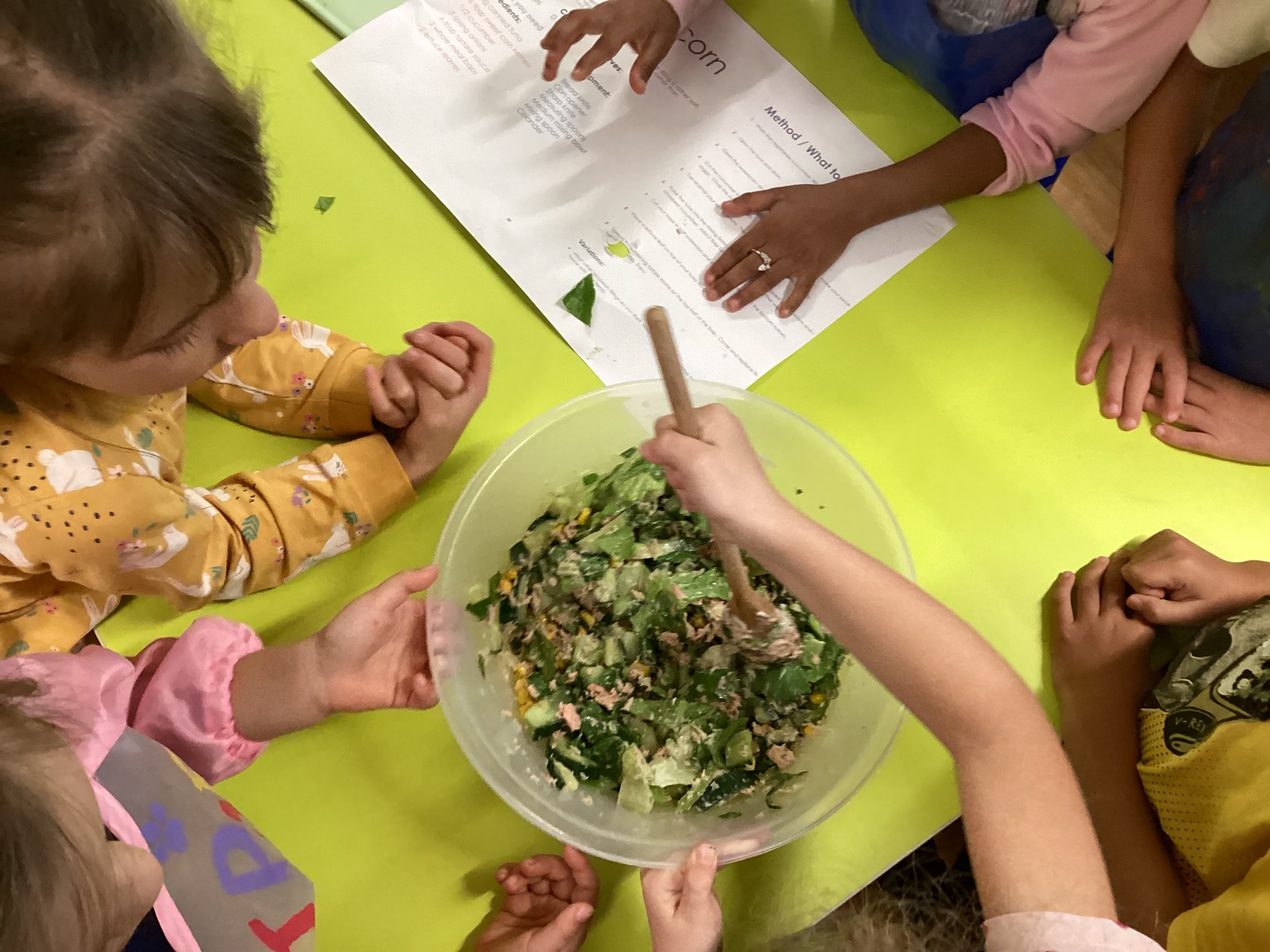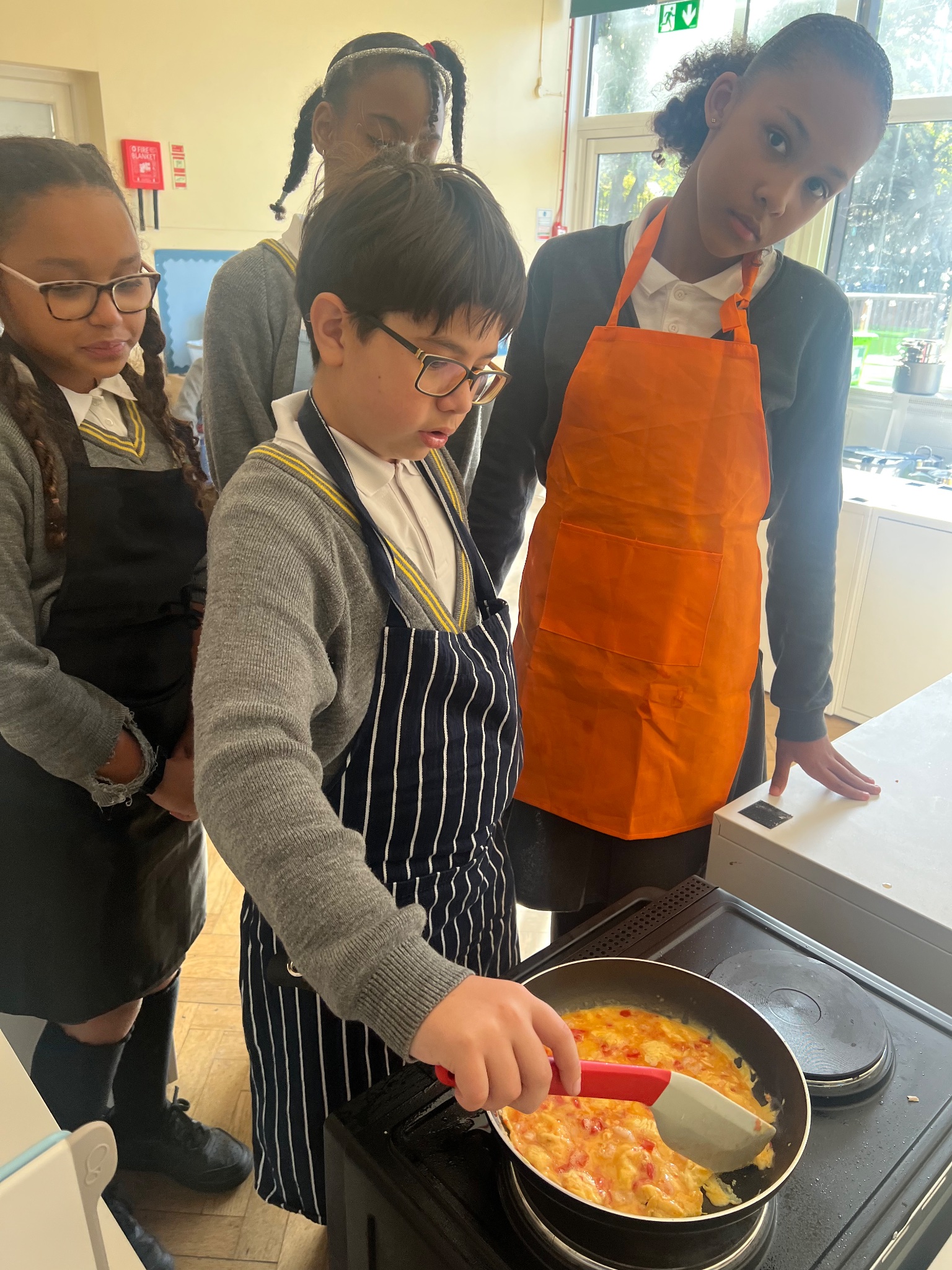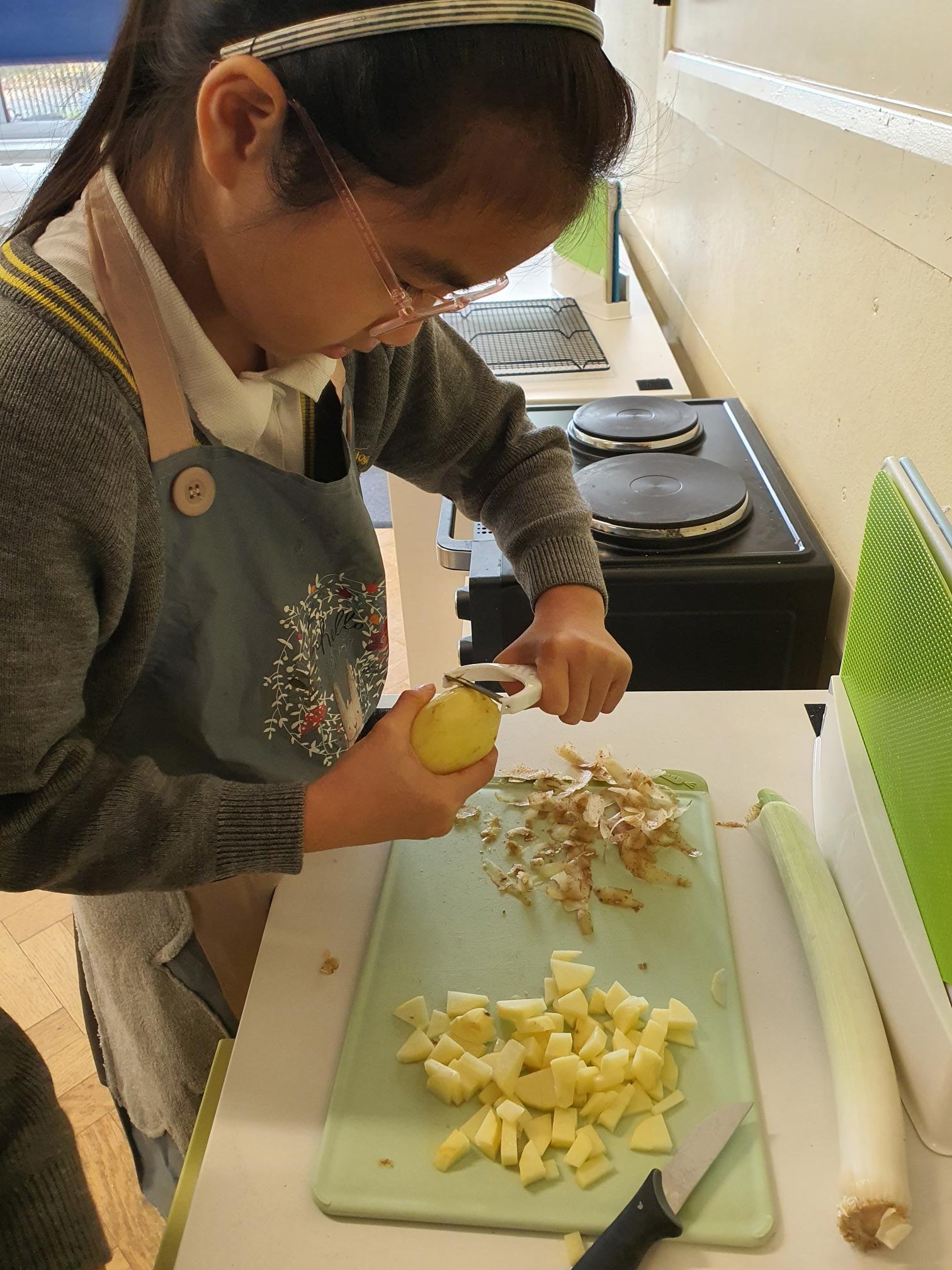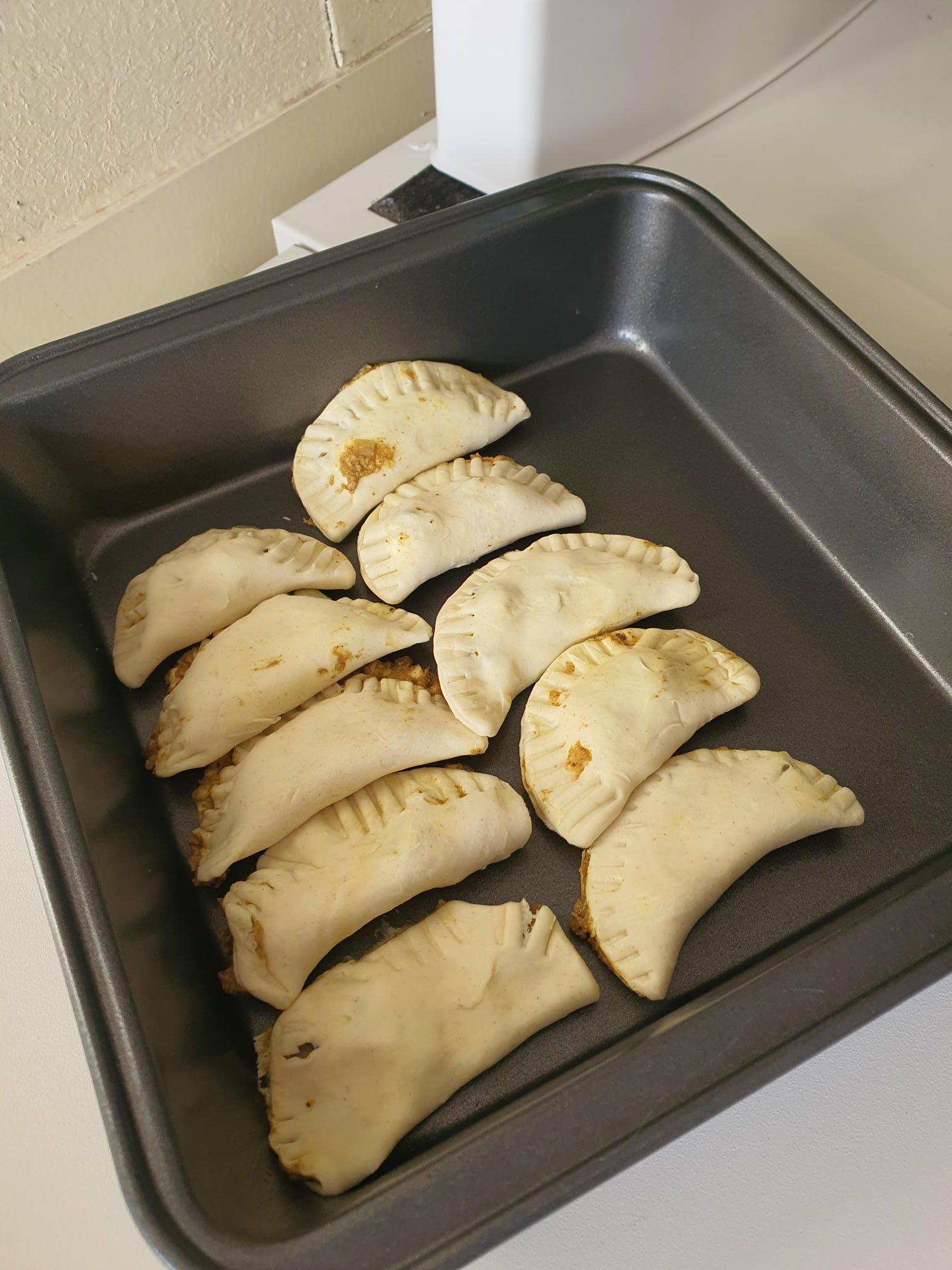Curriculum Overview
| Year | EY | 1 | 2 | 3 | 4 | 5 | 6 |
|---|---|---|---|---|---|---|---|
| Autumn |
PIXL: Being healthy |
PIXL: Keeping healthy |
PIXL: Healthy behaviours |
PIXL: Physical health |
PIXL: Smart choices |
PIXL: Body health |
PIXL: Energy levels |
| Autumn |
PIXL: Healthy eating |
PIXL: Healthy eating |
PIXL: Hydration |
PIXL: Healthy eating |
PIXL: Hydration |
PIXL: Nutrition fundamentals |
PIXL: Food habits |
| Spring |
PZAZ: Food & Hygiene |
PZAZ: The Human Body & Taste |
PZAZ: Food Hygiene |
PZAZ: Nutrition |
PZAZ: Teeth |
PZAZ: The digestive system |
PZAZ: Diet |
Year group Cookbooks (in progress)
A downloadable version of these documents can be found at the bottom of this page.
Intent
Our Cooking and Nutrition Curriculum sits at the heart of our Design and Technology programme of study. It is a foundational aspect of learning for William Hogarth School children, intended to support them in building an authentic life-skill that will enable them to make healthy lifestyle choices, now and in the future.
Our curriculum aims to help children:
- Navigate ‘the marketing’ so that they can make their own, wellinformed decisions about food
- Understand the role of food culturally, economically and socially
- Consider the impact of their food choices in terms of their health, the environment, sustainability and wider ethics
- Take risks by exposing them to foods and flavours that they might not have tried or come across before
- Build a healthy relationship with food
- Know how to keep themselves safe by embedding health and safety in every lesson, alongside strong personal hygiene practices.
When designing our Cooking and Nutrition Curriculum, we made reference to the Islington ‘Cooking Matters Toolkit.’
Our intention is for all children leaving Year 6 to be able to cook for themselves a nutritious and balanced meal for breakfast, lunch and dinner.
Implementation
At The William Hogarth School, Cooking and Nutrition is taught as a discrete subject, with every year group completing a termly, 6-week programme of study in our dedicated Cooking room. In Early Years, Cooking and Nutrition is taught in small teacher focus groups. In other year groups, lessons are taught in classes, with children working in small groups supported by additional adults as appropriate to the children’s age and experience.
Our Cooking & Nutrition Curriculum is organised into 4 key strands:
- Cooking skills
- Healthy Living
- Consumer awareness
- Food safety
Healthy Living is taught as a discrete strand within each 6-week programme of study.
Each year group has a dedicated Cookery Book which forms the spine of their learning. Children focus on a developing key skill in each lesson, for example measuring or chopping, building their expertise with tools and equipment as they move through the curriculum. Children are encouraged to taste what they have made and evaluate on the end product as well as the process of making.
All staff have been trained to at least Food Hygiene Level 3 in order to be able to facilitate children’s knowledge and understanding of food safety. Professional development has supported all teachers in the delivery of highly effective Cooking and Nutrition lessons.
We know that Cooking & Nutrition is an excellent vehicle to embed and enrich other aspects of our school curriculum. Teachers make explicit reference to relevant links in their lessons. Children are also expected to tidy their learning environment and wash-up after themselves.
Children also have the opportunity to attend an after-school enrichment Cookery Club.
Impact
When reviewing impact, we consider:
- The process of making and the development of children’s subject specific skills
- The skills and processes children have developed, refined and acquired
- What children have learned about ingredients, food &/or equipment they have used
Our Cooking & Nutrition curriculum enriches our whole curriculum, from Science to PSHE, reading to geography. It provides a highly effective platform for inclusion in a meaningful context so that fewer children are withdrawn for intervention. Instead, they enjoy a therapeutic, sensory experience which supports all in building:
- Fine motor control
- Understanding of themselves in space
- A rich lexicon of words
- Deeper, practical understanding of what it means to be a successful contributor to team success
- A sense of responsibility for themselves and their environment
Cooking and Nutrition
